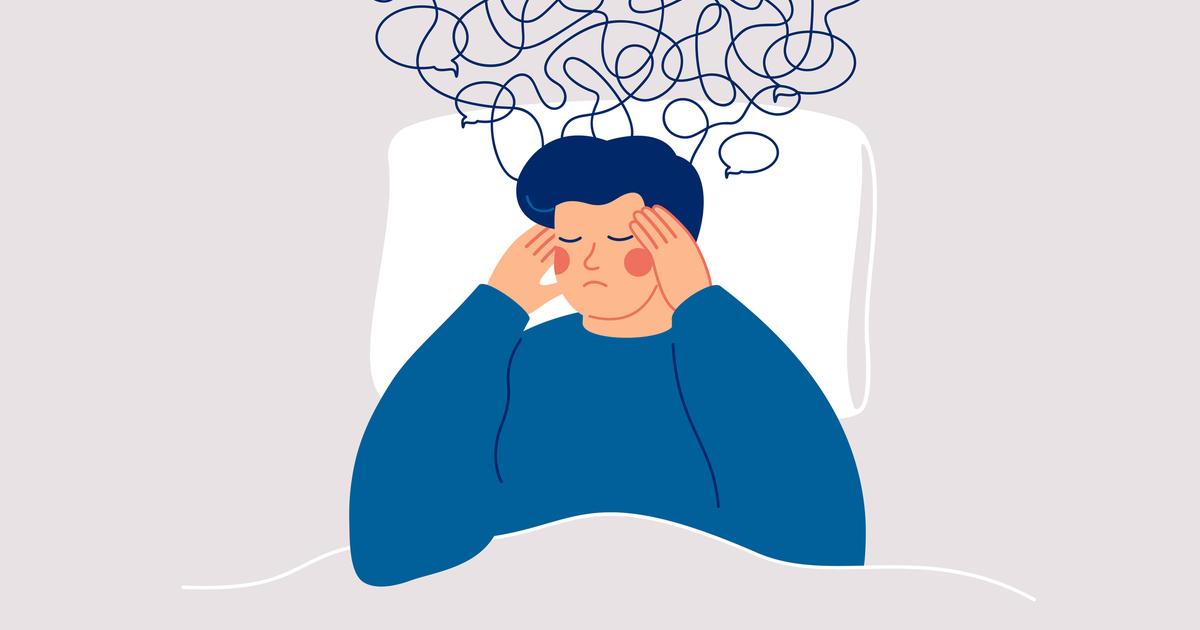This is what coffee can do with your brain 1:05
(CNN) -
Many of us start our days the same way: with a cup of coffee or tea.
Caffeine is as much a part of our routine as brushing our teeth or dressing for the day.
Maybe your habit includes a cup of coffee in the afternoon, or you have a soda with dinner.
And as a result, you may have stayed up in bed later thinking about what you went wrong instead of getting enough sleep.
Rob M. van Dam, a researcher in epidemiology and nutrition at the National University of Singapore, explains when to consume caffeine wisely, what is considered too much, and what to know about why it affects each of us differently.
Caffeine Detox: How and Why Should You Reduce Your Daily Coffee Doses?
This interview is a synthesis and has been edited for clarity.
CNN:
How do we know when it's time to stop drinking coffee during the day to keep getting a good night's sleep?
advertising
Rob van Dam:
It seems like a simple question, but unfortunately there is no single answer.
And is that each person reacts very differently to caffeine.
If you have tremors, suddenly feel nervous, or your heart rate changes, you may be drinking too much caffeine.
And likewise, it can prevent a good night's sleep.
You might want to say, "Well, let's try cutting back on caffeine and not drinking it after a certain time in the afternoon and see if that improves my sleeping habits."
So it really is something that each individual has to experience for himself: how much caffeine he takes and when he takes it.
Black coffee may be good for your heart, studies show
CNN:
What factors affect the way we react to caffeine?
Van Dam:
Your lifestyle makes a difference.
For example, people who smoke metabolize caffeine in the liver about twice as fast.
If you are a smoker, you can probably drink caffeine until later and continue to sleep well.
But there are other factors, such as if you are a woman and use oral contraceptives, it takes twice as long to metabolize caffeine.
You may have been able to drink caffeine at night and still sleep well, and then you start using oral contraceptives and notice that you can't sleep as well anymore.
Genetics also play a role, as some people have variants in their genetic code that affect the enzymes in the liver that metabolize and eliminate caffeine.
This can also cause you to metabolize it slower or faster.
This is what coffee can do with your brain 1:05
CNN:
How Much Caffeine is Too Much Caffeine?
Van Dam:
In general, associations like the Food and Drug Administration (FDA) recommend keeping caffeine intake at 400 milligrams per day or less.
A regular 8 oz. (236 ml) cup of coffee contains about 100 milligrams of caffeine, which is equivalent to four cups of coffee a day.
Another recommendation is not to exceed 200 milligrams per dose.
Even if you drink four cups a day, you don't have to drink four cups at once - that will be too much for your body to metabolize, at least for most people.
The 5 countries that consume the most coffee in America
CNN:
Can everyone have caffeine?
Van Dam:
Caffeine really gets you up a bit and makes you more alert.
So, especially for people with routine tasks, it can be useful.
For example, if you have to drive a lot at night, or if you are in the military and you have to keep watch but nothing really happens for hours.
But not everyone will need it.
You may have enough energy or sleep well enough to get through the day without caffeine.
And there is no reason to drink it if you don't want to.
Because even if you like the taste of coffee, you can always have decaf coffee, and there is nothing wrong with that.
CNN:
Is caffeine safe?
Van Dam:
Recently, people have been very concerned about caffeine in relation to cancer risk, cardiovascular risk, or other health issues.
And the research on it has been very reassuring.
By now, coffee is probably one of the most studied beverages.
So if you enjoy coffee, you enjoy caffeine, and you can consume it in moderation and it doesn't have any detrimental effects, you don't have to worry too much about the effects of coffee or caffeine on your health.
Caffeine consumptionInstaNews







